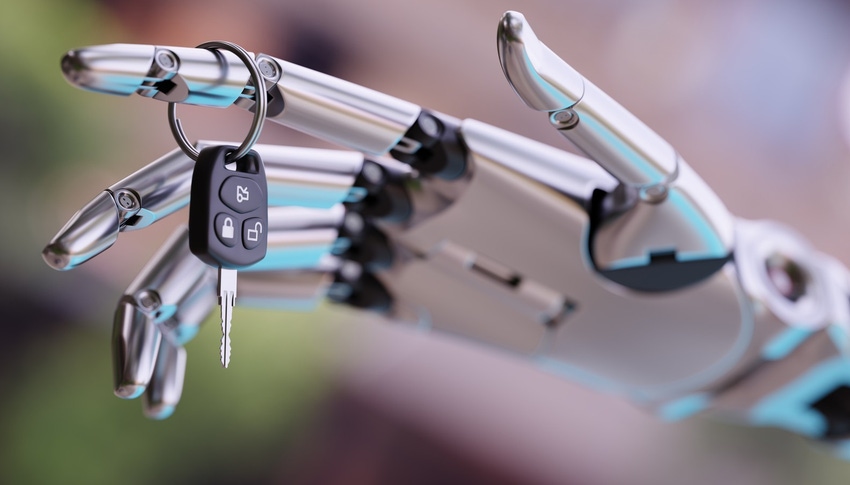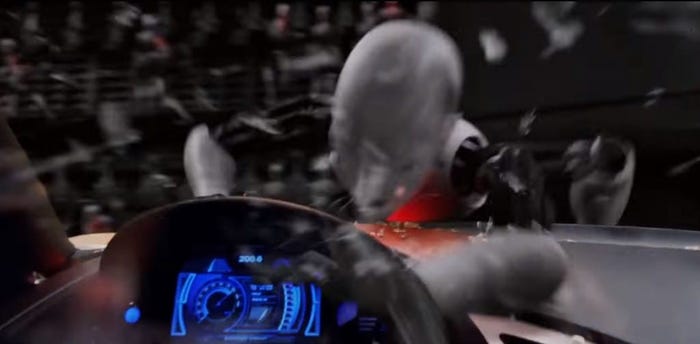So much has been made about self-driving cars and their potential to change society. But does anyone really want one?
September 16, 2016

So much has been made about self-driving cars and their potential to change society. But does anyone really want one?
Elon Musk, the eccentric billionaire in charge of Tesla and the ill-fated SpaceX, has been on Twitter again to confirm its new sonar-driven software update will be rolling out worldwide in just a few short days.
The latest update will bring Batman-esque sonar tech to aid the vehicle in its self-driving adventure, as we covered earlier this week. The desirability of having your very own robotic chauffer schlepping about all autonomous-like is still very much up for debate. Uber has already launched its driverless car offering in Pittsburgh, Volvo is embarking on similar projects. There’s a lot of it about, so to speak.
 Societal hesitancy is a big hurdle for car manufacturers actively pursuing the driverless car utopia. Sure, the idea of hopping into your very own Audi a la Will Smith in iRobot looks cool (when AI isn’t trying to rip your face off), but changing the perception of an entire society is no easy feat.
Societal hesitancy is a big hurdle for car manufacturers actively pursuing the driverless car utopia. Sure, the idea of hopping into your very own Audi a la Will Smith in iRobot looks cool (when AI isn’t trying to rip your face off), but changing the perception of an entire society is no easy feat.
A report we covered from Gemalto earlier this year highlighted general consumer attitudes to the fanciful features millennials want in their future cars to fill all that time liberated by not having to bother sitting behind the wheel. Perhaps the millennial and post-millenial generation will be the target market, instead of those old enough to remember A-reg Ford Fiestas much like Trigger’s broom in only Fools and Horses. “I’ve had this car for 30 years. But it’s had 13 new engines, 32 new sets of tyres, countless exhaust replacements, a new interior and a replaced chassis.”
When Telecoms.com spoke to Nissan at 5G World’s Connected Cars event a couple of months ago, their head of connected cars said societal acceptance will come via a series of incremental mini-acceptances. When ABS and cruise control came about roughly a decade ago or more, that was the first step. Then it will be able to change lane on its own, over take on its own, take corners on its own, and so on and so forth.
By that logic, slowly but surely driverless cars will take hold and the future generation will get used to it, much like it did the tablet, the smartphone, the internet, computers and every increment of technological change all the way back to the introduction of the very first car.
About the Author(s)
You May Also Like







.png?width=300&auto=webp&quality=80&disable=upscale)

.png?width=300&auto=webp&quality=80&disable=upscale)
_1.jpg?width=300&auto=webp&quality=80&disable=upscale)



.png?width=800&auto=webp&quality=80&disable=upscale)